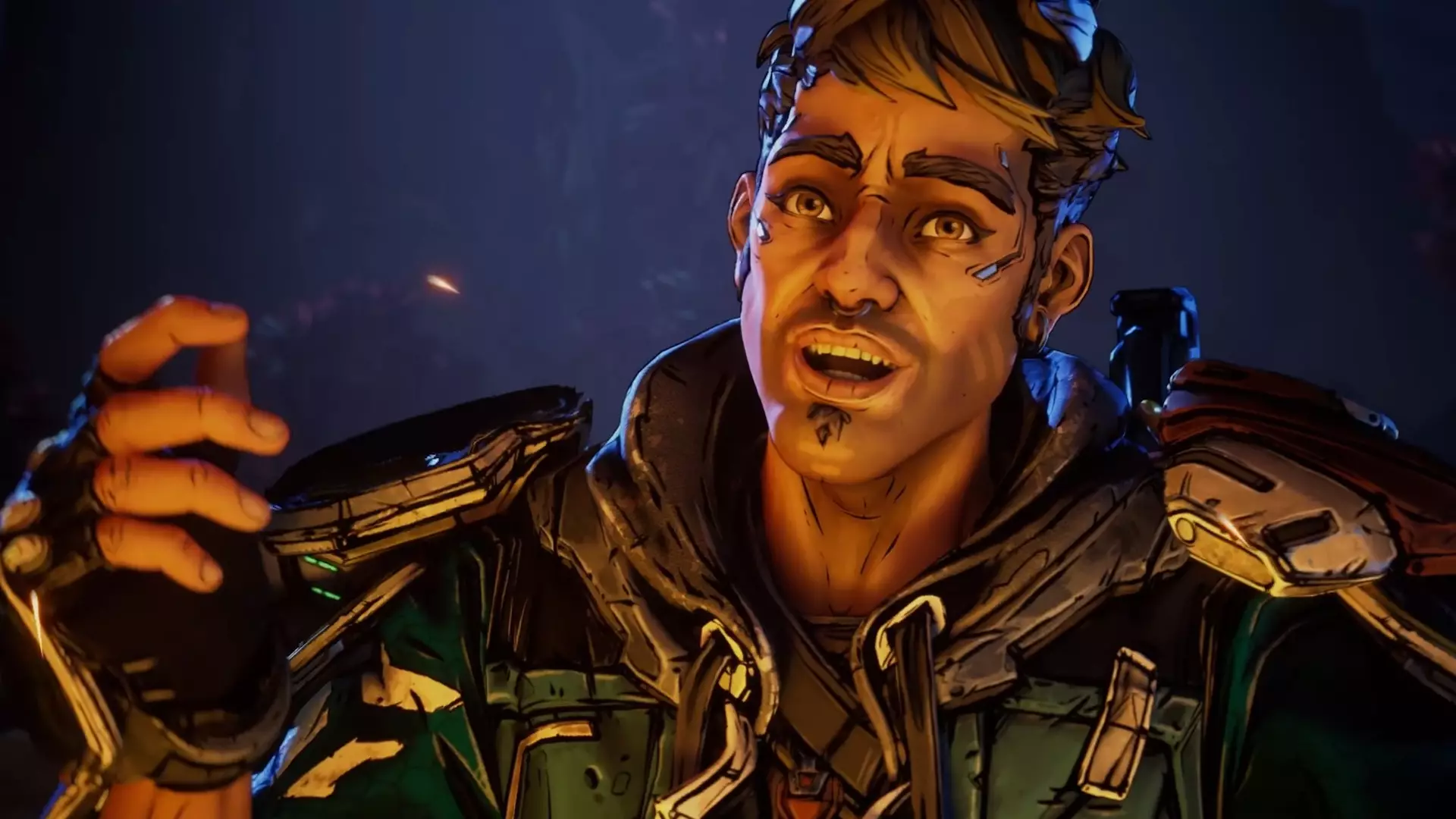Borderlands stands as a revolutionary milestone in video game history, not merely for its engaging mechanics but for how it blurred the lines between different genres. Randy Pitchford’s perspective on the game as a “borderland”—a space between disparate elements—resonates deeply with its design philosophy. The game traverses the realms of shooter and role-playing game (RPG), seamlessly blending explosive combat with deep customization and storytelling. This hybrid nature compelled players to navigate a universe rife with chaos and character-driven narratives, creating an experience that defied traditional genre constraints. Such a creative fusion transformed gaming into an expressive canvas, one that invites players into an unpredictable landscape of humor, horror, surrealism, and realism. Borderlands’ success essentially rewrote the paradigms of what a shooter could encompass, emphasizing that hybrid models could breathe new life into stagnant formats.
The Genesis of the Loot Shooter Phenomenon
Many enthusiasts and critics recognize Borderlands as either the originator or the catalyst of the looter shooter genre. While precursor titles hinted at similar concepts, none reached the cultural and commercial heights of Borderlands. Pitchford’s acknowledgment that the game was seen as a one-off surprise underscores the risk it initially carried—yet its undeniable success proved otherwise. It wasn’t merely a fleeting phenomenon but a harbinger for a new wave of game design. Developers profoundly influenced by Borderlands’s innovative approach began crafting their own shooter-looter titles, eager to tap into the lucrative and engaging formula. This industry shift demonstrates that Borderlands achieved something more profound than sales figures; it set a credible blueprint that others could follow.
Endurance Beyond Expectations
What makes Borderlands’ legacy genuinely impressive is its durability in an industry known for fleeting trends. Pitchford’s humility—a reflection of how the game outlived initial predictions—reveals a surprising humility for a project heralded as a genre pioneer. Despite skeptics’ doubts, Borderlands carved out a lasting niche, fostering a dedicated community and inspiring subsequent entries that refined and expanded its core ideas. The game’s ability to stay relevant amid evolving technology and player preferences highlights its significance as a cultural touchstone. In a way, Borderlands’ sustained success serves as a testament to thoughtful innovation grounded in understanding core gamer desires.
The Risks of Over-Experimentation
Despite its groundbreaking nature, Pitchford warns about the pitfalls of diverging too far from the genre’s fundamental principles. The looter shooter formula, when exaggerated or overhauled without regard for its roots, risks alienating the core audience and diluting the genre’s appeal. He emphasizes that although evolution is inevitable, some fundamental elements—such as satisfying feedback loops, engaging loot systems, and balanced gameplay—must remain intact. This insight is critical: innovation should respect tradition without succumbing to reckless experimentation. Borderlands’ legacy teaches a vital lesson about the importance of maintaining core principles while exploring new creative territories—a balance crucial for sustainable success.

